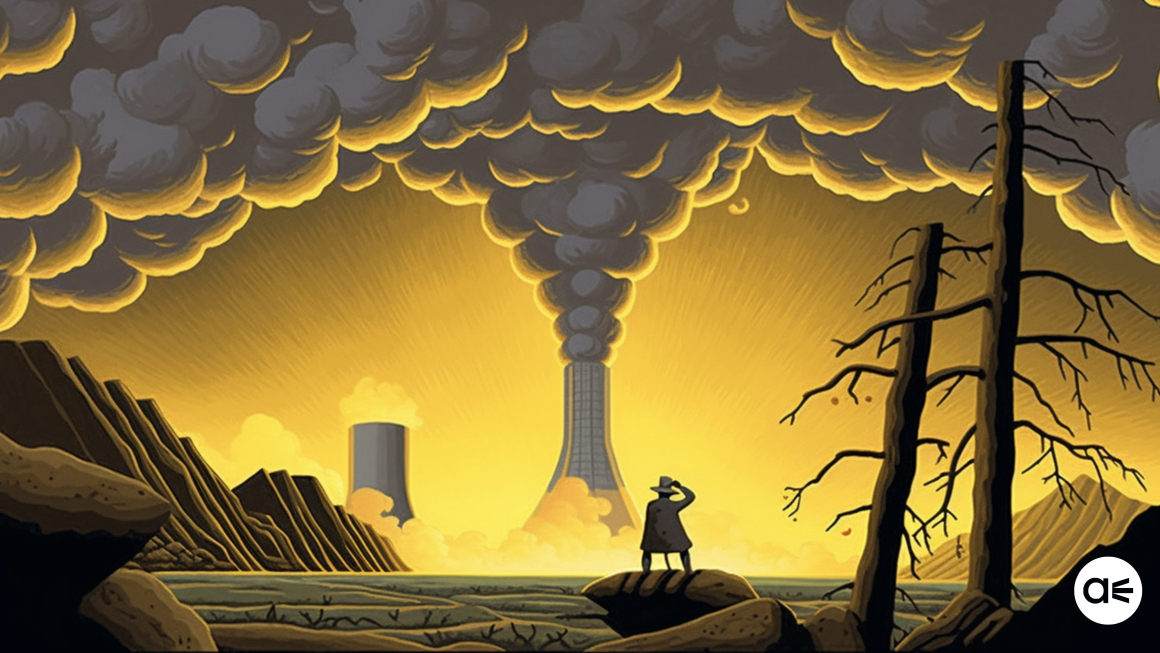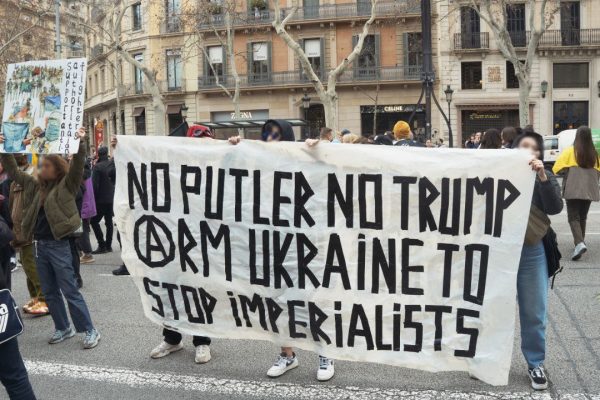Today the whole world remembers the tragedy at the Chernobyl nuclear power plant, one of the largest environmental disasters in the history of mankind. Belarus is the country most affected by Chernobyl, and generations to come will have to deal with the consequences. Despite Chernobyl, the Lukashenko regime, influenced by the Russian lobby, built a new nuclear power plant in Belarus. The Astravets nuclear power plant became a problem even before construction was completed, with numerous budget issues and repeated construction accidents. Just look at the story of how the reactor housing was dropped during installation.
Critics of the Belarusian NPP often dwell on regime problems, omitting the fact that nuclear power was an extremely expensive concept for Belarus even before it was built. It is enough to remember the amount of land that is not suitable today not only for economic purposes, but for living in general. It would seem to be clear to every Belarusian that the slightest chance of a catastrophe at a nuclear power plant can lead to enormous consequences for the region around the plant. But decisions in the country are rarely made by the people. The Belarusian nuclear power plant is not an economic, but first of all a political project of the dictatorship. Lukashenko has been building megaprojects for years, contrary to any arguments. Today, Astravets NPP is a monument to the dictatorship, just as in Spain, dozens of dams remind the regime of fascist Franco, who sunk many communities in a large-scale project to build a new energy network. This is why problems with reactors or questions of the economic viability of nuclear power plants recede into the background.
Belarusian anarchists have consistently opposed nuclear power throughout the country’s existence. Starting with the protests in the 1990s and the successful extension of the moratorium on nuclear power, and ending with the defeat in the struggle against the construction of the plant in Astravets. For anarchists, the nuclear power plant brings new problems to society, solutions to which are rarely found.
Let’s start with the simplest: any modern nuclear power plant produces toxic waste that will need to be isolated from the environment for many decades. Our decisions today about so-called cheap energy will be handed down to generations after us, just as the world is rushing toward environmental disaster today at the expense of decisions often made before we were born. We should not count on bureaucrats from the Lukashenko regime or the new opposition to handle this issue responsibly: burial problems and negligence often appear even in countries with a well-developed nuclear power industry. Any carelessness in transportation or storage can lead to disastrous consequences for the ecology of the region.
Both the waste and the nuclear power plant itself pose a safety hazard, among other things. The war in Ukraine and the numerous shelling of the Zaporizhzhya NPP is a vivid example of this. Destruction or damage to the nuclear power plant in the case of an armed conflict may end up in a new Chernobyl, with unpredictable consequences for the entire territory of modern Belarus. Even if the nuclear power plant passes into the hands of the liberal regime, the probability of sabotage and attacks on the plant does not diminish, given Russia’s willingness to use all possible mechanisms to undermine the political stability of “hostile” to Moscow imperialism countries.
Some supporters of the Belarusian nuclear power plant, and nuclear power as a whole, believe that it is capable of freeing part of our planet’s population from resource dependence on authoritarian regimes. It is clear that in the case of Belarus, the situation is much simpler – Rosatom built the plant, but the loans will have to be paid to the Russian regime for many years. It’s no secret where Belarus buys and will continue to buy uranium for its nuclear power plants. The Russian government, represented by Rosatom, controls UraniumOne Corporation, the third largest producer of uranium, thus being engaged not only in Russia but also in other regions of the planet. Besides, according to Euroatom, in 2020 the EU countries supplied 20.2% and 19.1% of uranium from Russia and Kazakhstan respectively. So the so called peaceful atom is not an alternative for Europe’s oil and gas dependence on the Kremlin.
What do environmentalists offer as an alternative to nuclear power plants? First of all, the optimization of energy consumption, which can significantly reduce the need for energy in the production and consumption environment. Using regional environmental solutions to further decentralize political power in the country: energy is one of the levers of political influence that can be used by the new dictators and authoritarian leaders. The transition from fossil energy sources to ecological solutions will certainly be a challenge for the whole region, but we believe that the Belarusian society should not be afraid of challenges.
Shutdown of NPP is not only an economic but also a political decision which requires not only the will of 1-2 politicians but also the will of all people. Abandonment of nuclear power must of course take place in parallel to the refusal to pay the debt for the construction of the plant. Belarusians should not pay for the project lobbied by Moscow.



